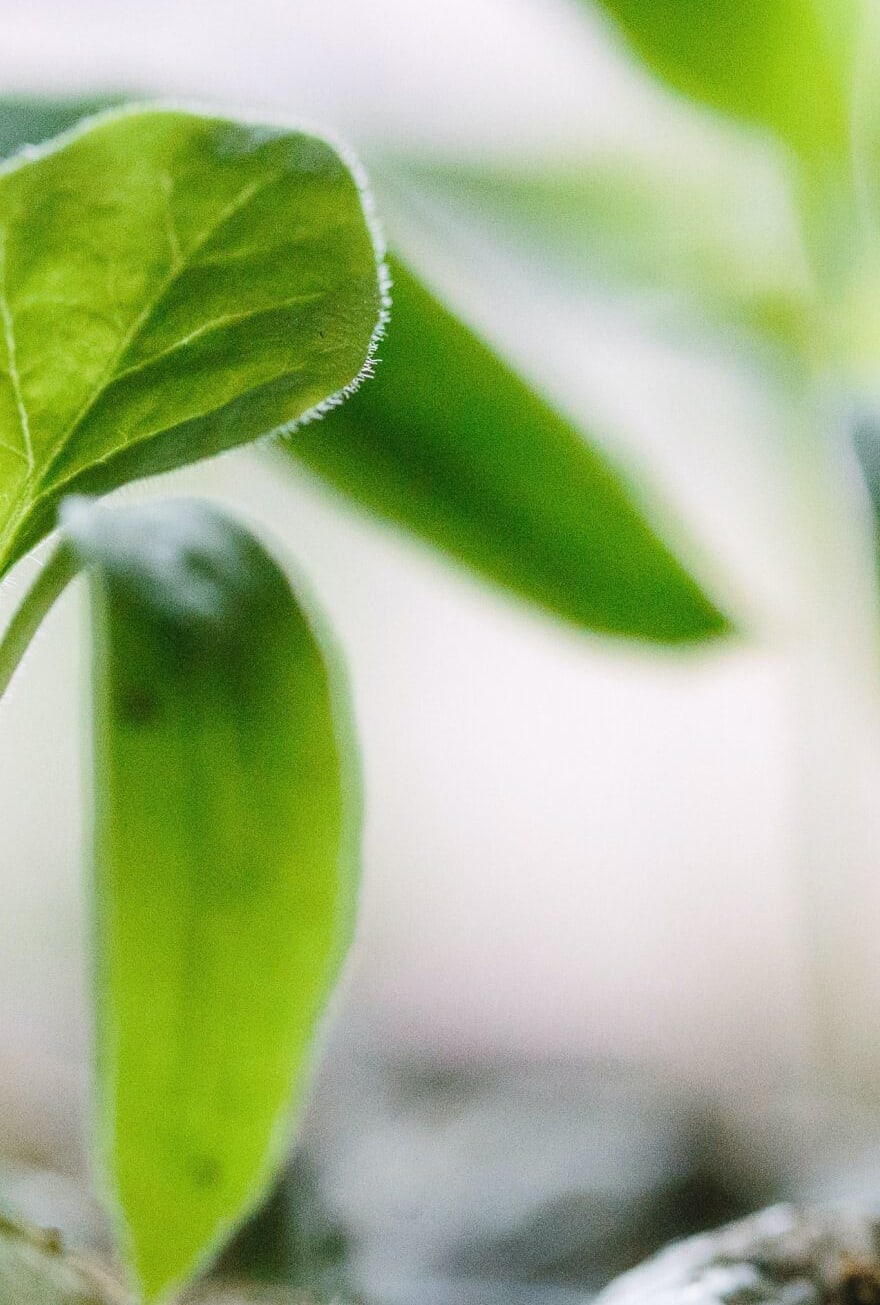Knowde Enhanced TDS
Identification & Functionality
- Chemical Family
- Polymer Name
- Plastics & Elastomers Functions
- Technologies
Features & Benefits
- Labeling Claims
- Materials Features
- Processing Considerations
- BC 27255 is designed to be diluted with additional PLA to achieve a final NuPlastiQ concentration between 10% and 40%.
- BC 27255 can be run on existing process equipment with a few adjustments.
- Injection molded applications with BC 27255 are slightly more sensitive to processing conditions such as temperature profile and cycle time.
- A typical recommended temperature profile will be in the 180°C – 210°C range.
- Depending on equipment, process conditions, and residence time, as temperatures increase in this range the glycerin plasticizer may experience some volatilization. This may cause a slight odor and/or smoke and is expected under normal processing conditions. Always use proper ventilation. See the BioBlend® BC 27255 SDS for details.
- If the melt temperature is too hot for the specific blend, some scorching and dark coloring may occur. Lower the extrusion temperature and continue processing until the color lightens to an acceptable level.
- In order to allow the PLA to crystalize, the recommended starting mold temperature is 90-100°C Some adjustment may be required.
Applications & Uses
- Applications
- Compatible Polymers & Resins
- Plastics & Elastomers End Uses
- Plastics & Elastomers Processing Methods
- Applications
- BioBlend® BC 27255 is intended for injected molded parts.
- Made from components that are certified to be industrially compostable. End users should conduct their own tests to determine if final product will qualify for certification. Contact BioLogiQ’s technical team for details.
Properties
- Physical Form
- Mechanical Properties
- Physical Properties
- Thermal Properties
- Typical Properties
- Flexural Properties
- Notes
- Moisture content was measured with an infrared moisture analyzer at 105°C for 10 minutes.
- Mechanical properties were measured on injection molded parts made directly from the 50% NuPlastiQ / 50% PLA masterbatch.
- These values are typical properties only and should not be used for specification purposes. End users should confirm results with their own tests.
| Value | Units | Test Method / Conditions | |
| Izod - Notched | 19.8 | J/m | ASTM D882 |
| Tensile Elongation at Break | 41 | % | ASTM D638 |
| Tensile Secant Modulus (at 1%) | 250 | MPa | ASTM D638 |
| Tensile Strength at Break | 13 | MPa | ASTM D638 |
| Value | Units | Test Method / Conditions | |
| Density | 1.3 | g/cm³ | ASTM D792 |
| Value | Units | Test Method / Conditions | |
| Melt Flow Index | 1.3 | g/10 min (190 °C/2.16 kg) | ASTM D1238 |
| Value | Units | Test Method / Conditions | |
| Water Content | max. 0.5 | % | ASTM D6980 |
| Value | Units | Test Method / Conditions | |
| Flexural Modulus | 350 | MPa | ASTM D790 |
| Ultimate Flexural Strength | 45 | MPa | ASTM D790 |
Regulatory & Compliance
- Certifications & Compliance
- Chemical Inventories
Packaging & Availability
- Country Availability
- Packaging Type
- Regional Availability
Storage & Handling
- Storage and Drying
- Pellets are shipped in sealed moisture-proof bags and are ready to be used as supplied. Until used, they should be stored in a sealed container away from heat.
- If pellets are exposed to a humid environment, they will absorb moisture. If needed, dry pellets by introducing warm, dry air at 60°C for 1-4 hours. Pellets should be <0.5% moisture content prior to processing.

